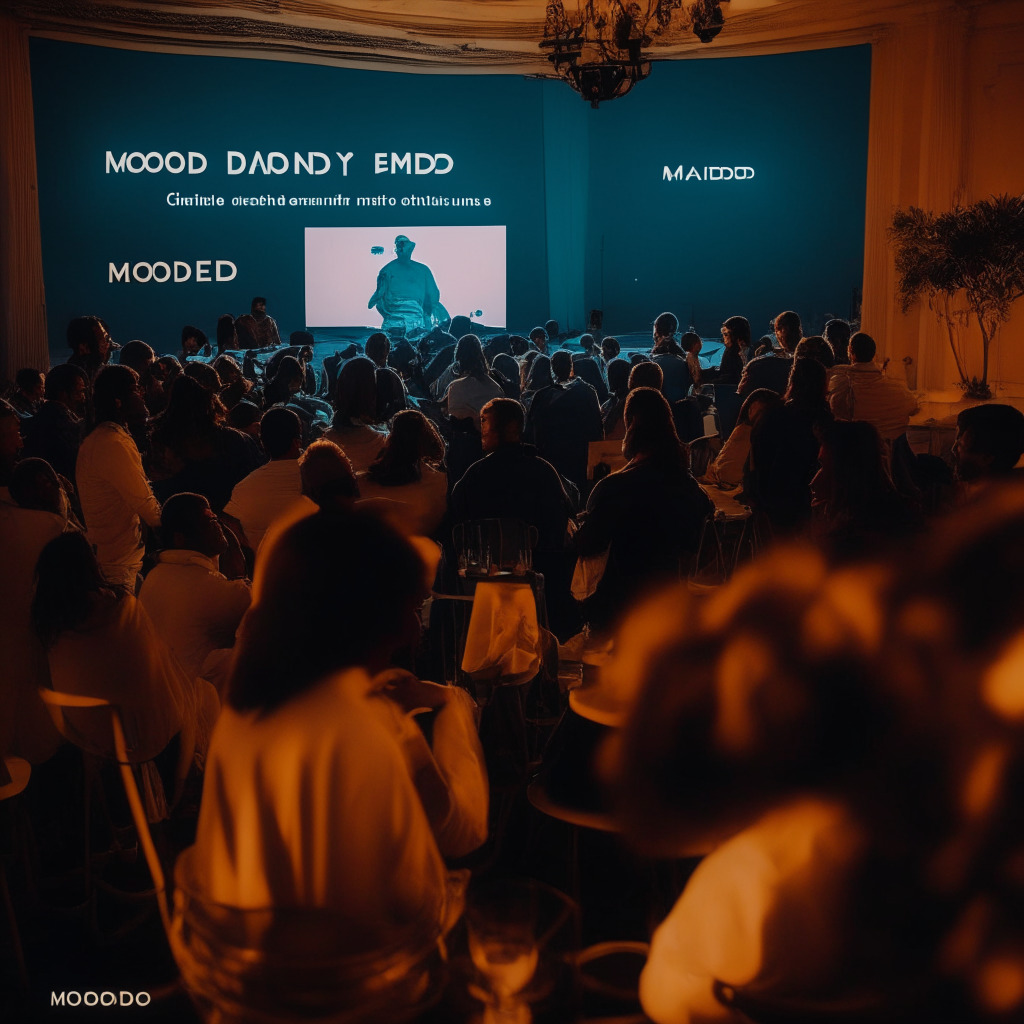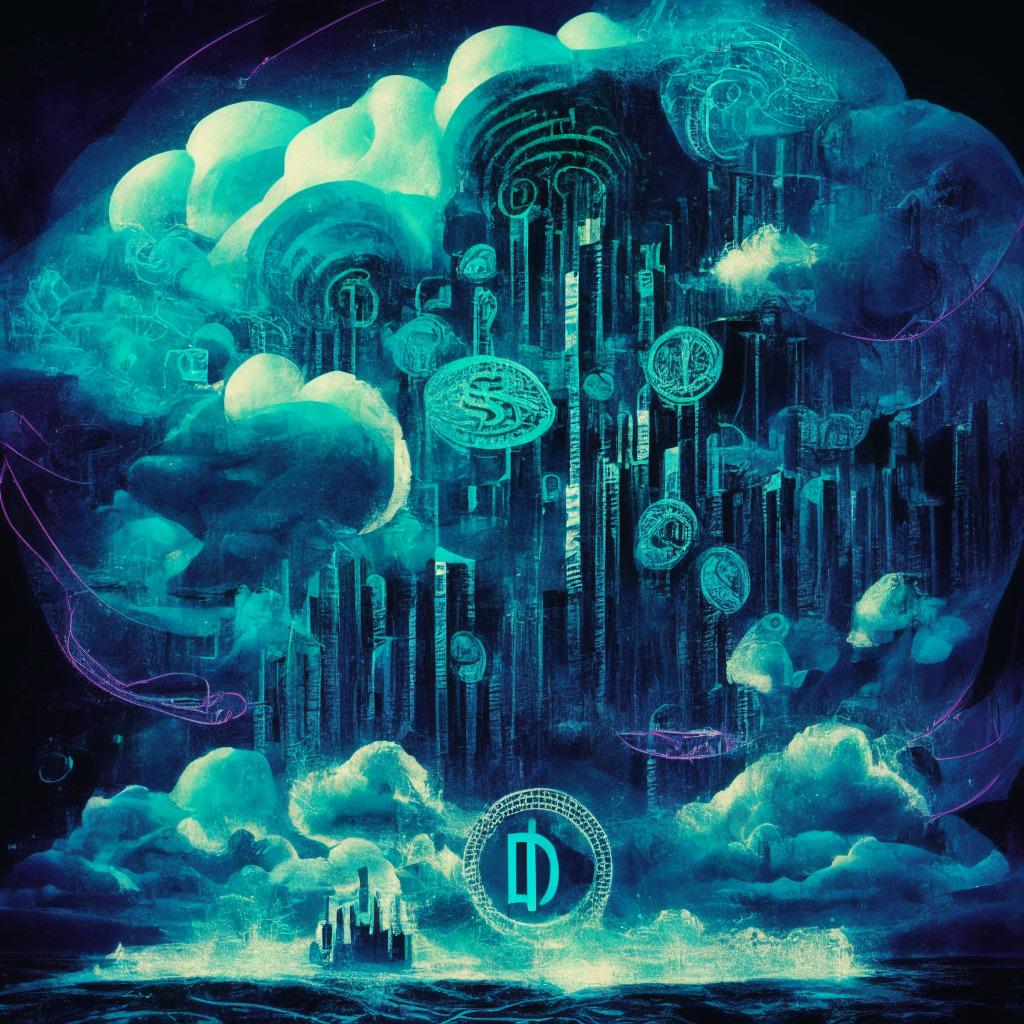Fake credentials remain a pressing issue in education, with around 2,800 people reported to have purchased their credentials without attending proper classes, according to the Washington Post. This number is just the tip of the iceberg, as some estimate that around 100,000 fake degrees are purchased in the United States annually. These counterfeit documents not only cheapen the value of legitimate academic achievements but also create a significant barrier to opportunities for those who have genuinely earned their degrees.
One possible solution to this problem is the use of nonfungible tokens (NFTs) as a way of verifying academic credentials. Beau Brannan, a professor at Pepperdine University, argues that NFTs offer a “solid solution” to degree forgery by providing an unalterable public ledger that verifies individual courses and achievements. This additional level of accountability could provide greater insights into college degrees, making the education process more transparent and ultimately increasing its value.
As beneficial as NFTs may be, their implementation in education faces several challenges. Access and adoption to this new technology could prove difficult, as a good level of technical literacy would be required from educational institutions, teachers, and students alike. Additionally, implementing NFTs in education would necessitate significant investments and a reevaluation of long-standing processes and infrastructure.
Despite these potential obstacles, some projects aim to leverage NFTs for education. Open Campus, a community-led protocol, seeks to address the issue of underpaid and undervalued teachers by enabling educators to create knowledge repositories using Publisher NFTs. This approach would allow teachers to generate revenue and empower them to create valuable educational content for their students.
Blockchain technology and smart contract protocols also hold potential for decentralizing education, resulting in a fairer experience for all stakeholders involved. The growing interest in connecting Web3 to education points to the recognition of the value that decentralization can bring to the sector, providing a fresh approach to solving long-standing problems.
In summary, NFTs and blockchain technology hold the potential to revolutionize the education sector, combating the prevalence of fake credentials and revaluing the importance of genuine academic achievements. Despite facing challenges such as access, adoption, and technical literacy, the integration of these technologies into education may provide innovative ways to reward achievements, engage with students, and create valuable educational resources. Overall, the implementation of NFTs in education could open up new opportunities for both students and teachers, leveling the playing field and ensuring that hard work and determination are appropriately rewarded.
Source: Cointelegraph




